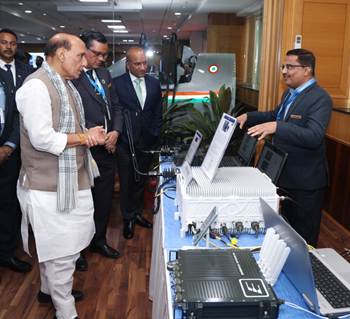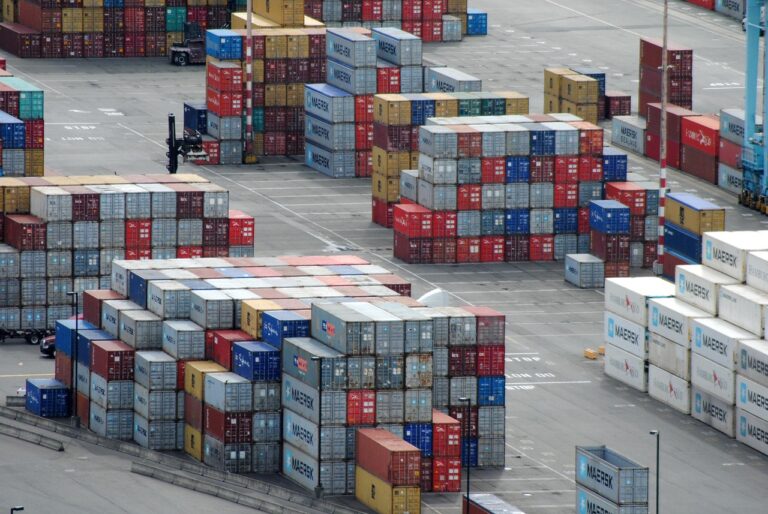
Beijing: Raising question over whether India can develop ballistic missiles capable of delivering nuclear weapons, China today referred to the United Nations Security Council Resolution 1172, and said the UNSC resolution “already has clear stipulations”.
According to media reports, India is set to flight-test its indigenous intercontinental-range ballistic missile Agni-V with a long range of around 5,000km, which will bring many inland cities in China under threat. The flight-test is reportedly on September 23, 2021.
Reacting to the reports, Chinese Foreign Ministry Spokesperson Zhao Lijian, said that maintaining peace, security and stability in South Asia meets the common interests of all, “where China hopes that all parities would make constructive efforts”.
The UNSCR Resolution 1172 of June 6, 1998, which endorses the Joint Communique issued by the Foreign Ministers of China, France, the Russian Federation, the United Kingdom of Great Britain and Northern Ireland and the United States of America at their meeting in Geneva on June 4,1998, condemns the nuclear tests conducted by India on May 11 and 13, 1998, and by Pakistan on May 28 and 30m 1998.
Among other things, the Resolution calls upon India and Pakistan” immediately to stop their nuclear weapon development programmes, to refrain from weaponization or from the deployment of nuclear weapons, to cease development of ballistic missiles capable of delivering nuclear weapons and any further production of fissile material for nuclear weapons, to confirm their policies not to export equipment, materials or technology that could contribute to weapons of mass destruction or missiles capable of delivering them and to undertake appropriate commitments in that regard”.
As per the said resolution, the proliferation of all weapons of mass destruction constitutes a threat to international peace and security, and expresses concerns at the challenge that the nuclear tests conducted by India and then by Pakistan constitute to international efforts aimed at strengthening the global regime of non-proliferation of nuclear weapons; the danger to peace and stability in the region; and the risk of a nuclear arms race in South Asia. It says it is determined to prevent such a race, reaffirming “the crucial importance of” the Treaty on the Non-Proliferation of Nuclear Weapons and the Comprehensive Nuclear Test Ban Treaty for global efforts towards nuclear non-proliferation and nuclear disarmament”.
– global bihari bureau





